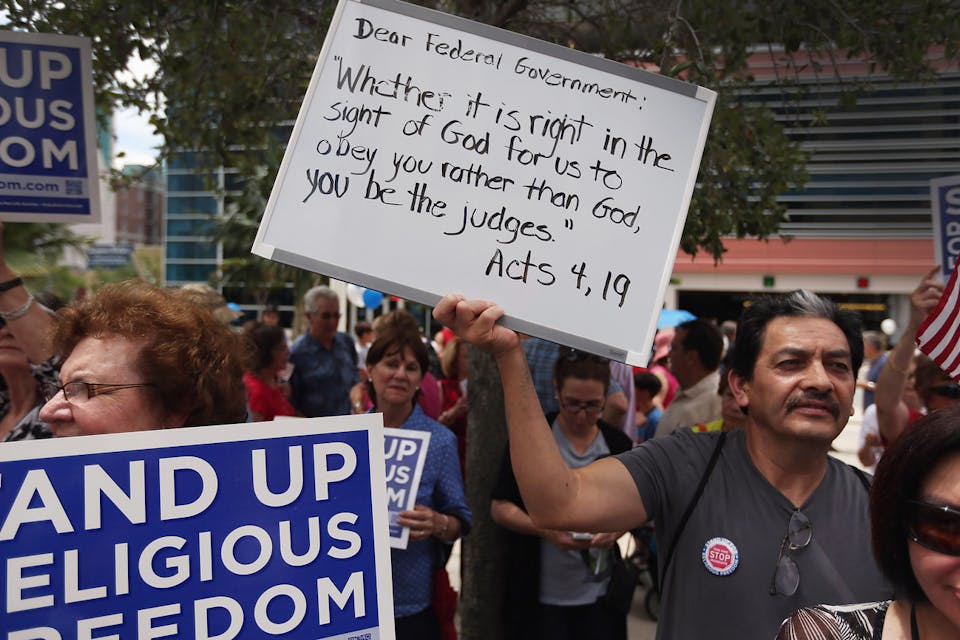
August 15, 2016
The Rise of the Secular Theocracy
The push to establish and enforce a national secularist creed is undermining traditional faiths' right of free exercise.
Religious liberty, the subject of Richard Samuelson’s powerful essay in Mosaic, seems fated to be a central point of contention in the 21st century. This is self-evidently the case in the international arena, where many of the world’s most intractable conflicts involve believers of various stripes and the nations and communities within which their respective faiths are rooted. Those conflicts take a particularly heavy toll upon the liberties, not to speak of the very existence, of vulnerable religious and ethnic minorities.
In Europe, the ability of Jews to perform the traditional rite of male circumcision has come up against intense legal and political pressure in ways suggesting the entering wedge of a more comprehensive anti-Jewish sentiment: the return of the repressed, one might say. In Iraq, Syria, and Egypt, age-old Christian communities are suddenly faced with extinction at the hands of Islamist militants. In India, the enduring and often violent enmities between majority Hindus and minority Muslims have been rendered more volatile and dangerous by the political rise of Hindu nationalism. In Turkey and Saudi Arabia, the very thought of any official recognition for religious pluralism is inconceivable. Meanwhile, in some parts of the West—including our own, as Samuelson details—the preaching of traditional Christian moral teachings about human sexuality and marriage has been labeled a human-rights violation and proscribed by courts.
It seems that the respectful tolerance needed to underwrite a free, robust, and uncoerced expression of divergent religious beliefs is becoming a rarer commodity. In some places the cause of the trouble is militant religion; in others, aggressive anti-religion. Caught between them, the generous ideal of religious freedom, with its emphasis upon the integrity and dignity of every individual conscience, finds itself vulnerable where not altogether abandoned.
Responses to August ’s Essay
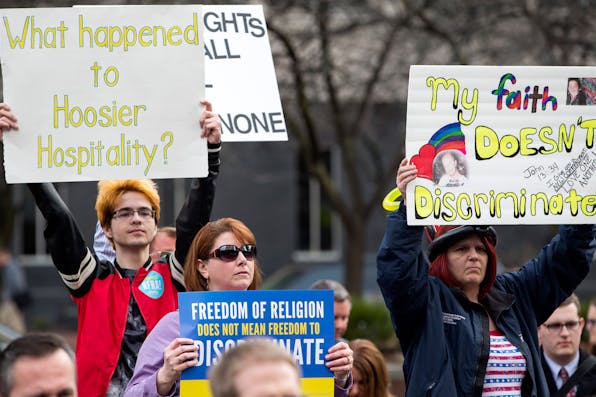
August 2016
How Anti-Discrimination Became a Religion, and What It Means for Judaism
By David E. Bernstein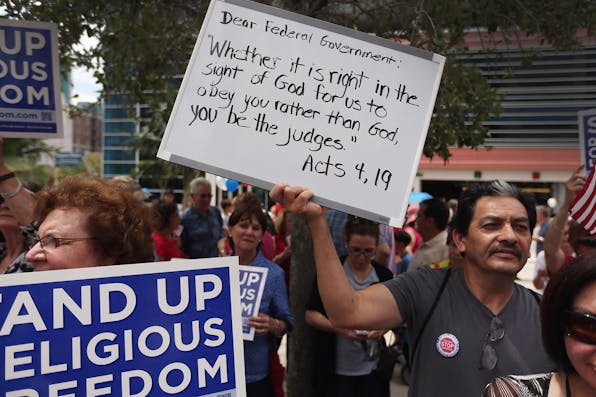
August 2016
The Rise of the Secular Theocracy
By Wilfred M. McClay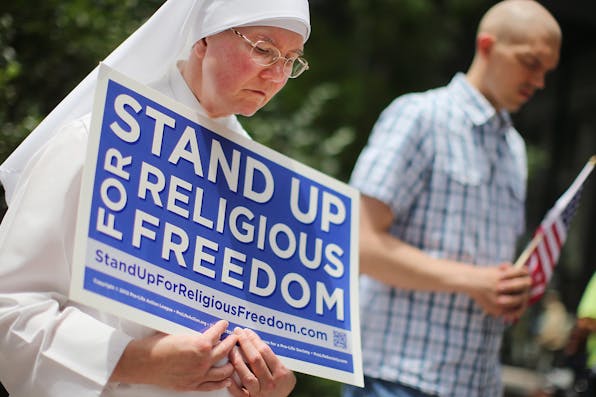
August 2016
The Battle for Religious Liberty Will Be Won on the Field of Education
By Peter Berkowitz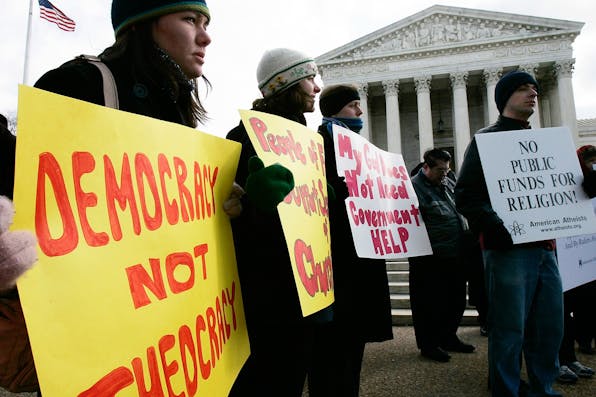
August 2016
As America Grows Less Religious, Can the Tocqueville Model Still Work?
By Richard Samuelson